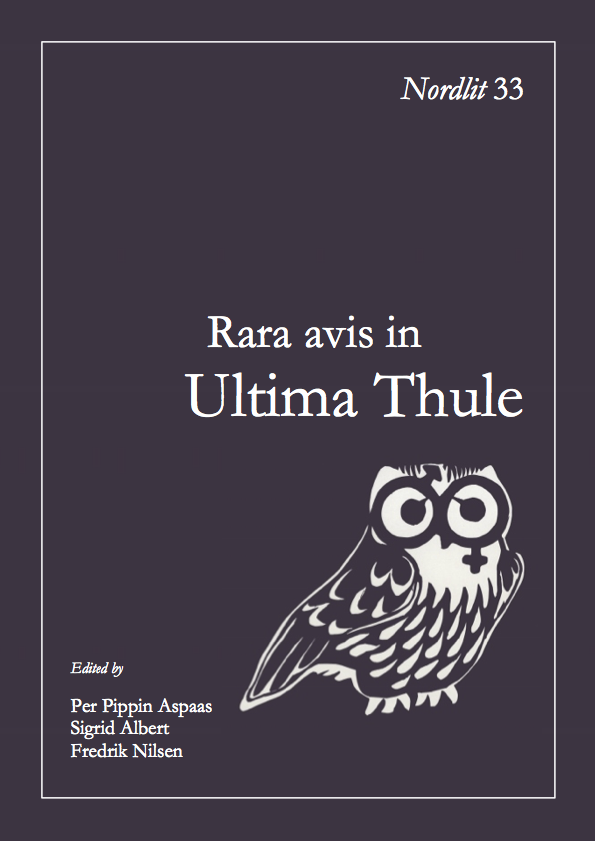Pour une anthropologie historique des mythes grecs: Formes poétiques et pragmatique rituelle
DOI:
https://doi.org/10.7557/13.3189Keywords:
Mythe, fiction, pragmatique, forme poétique, énonciation, rituel, performance, mémoire culturelle, anthropologieAbstract
In contrast to any fiction in the usual sense of the term, the huge narrative domain now marked off as (Greek) ‘mythology’ deserves no charter of semantic independence or of structural(ist) closure. Coupled with the perspective of social and cultural anthropology required by the construction of possible worlds depending on cultural representations and by the poetic forms they assume in collective and ritual performances, our reading of (Greek) myths requires a pragmatic opening-up: it takes into account the specific ritual situations they are accommodated to, with their aesthetic creativity and their poetic polysemy, in a broader social, religious, and cultural context. This can be demonstrated through the example of a fragmentary cultic poem by Sappho introduced by an address to Hera and staging a particular version of the nostos of the Atreidai.Downloads
Published
2014-11-16
How to Cite
Calame, Claude. 2014. “Pour une anthropologie historique des mythes grecs: Formes poétiques et pragmatique rituelle”. Nordlit, no. 33 (November):3-18. https://doi.org/10.7557/13.3189.
Issue
Section
Articles









